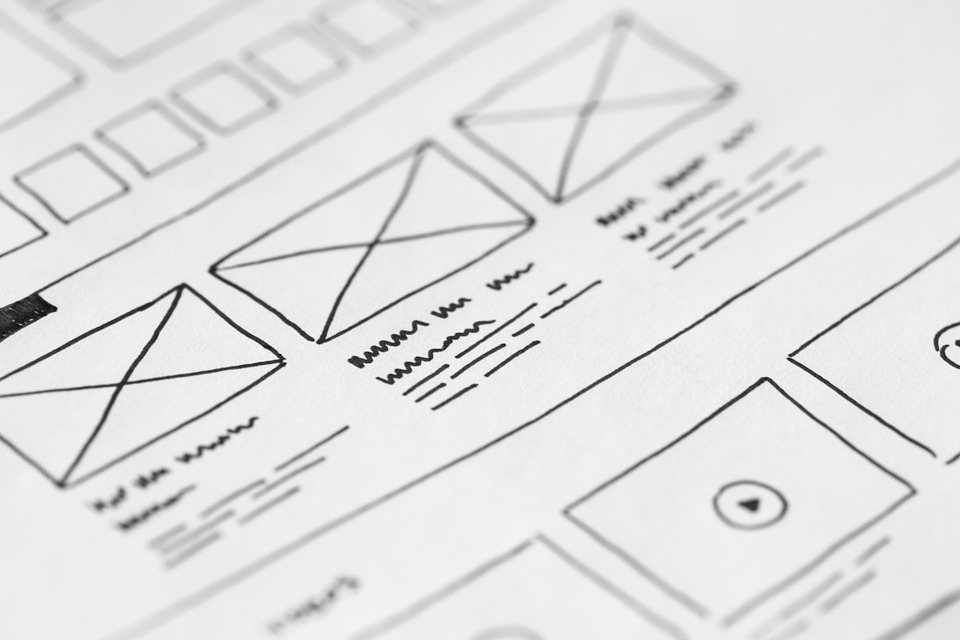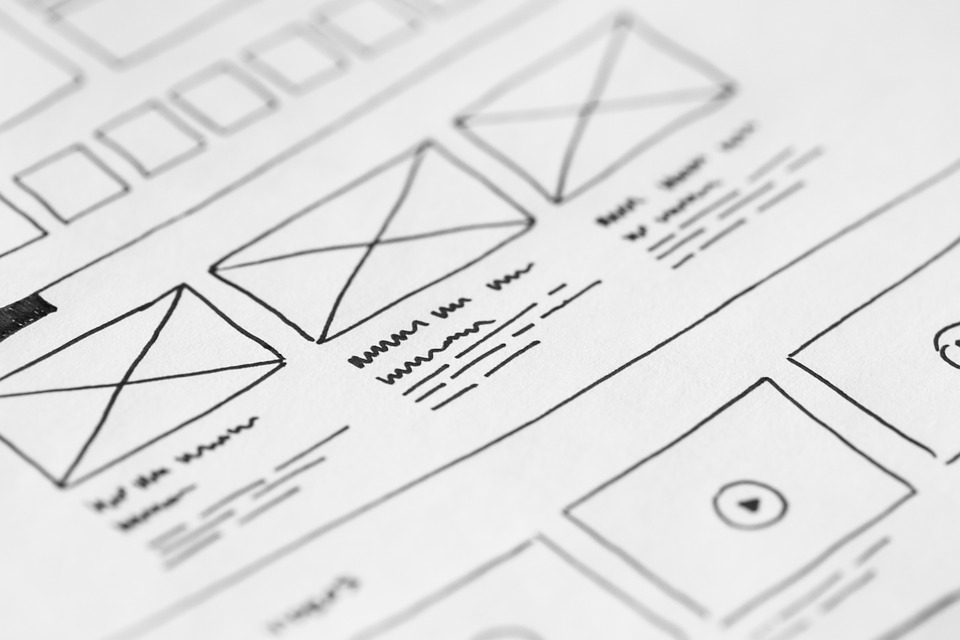
As a bootstrapper, I had a complicated relationship with the topic of acquisitions. I rejected the idea that an exit strategy was an important part of running a great business.
First, I believe that entrepreneurs are conditioned by our media, society, peers, and their investors (if they have them), to think that selling their business is the ultimate manifestation of success.
Now that I have experienced the arc of scaling a profitable business and achieving a positive cash exit, I see the alternatives to selling more clearly.
On the one hand, I have appreciation for the commitment and vision it takes to turn down a lucrative, flattering, possibly life-changing offer in exchange for continuing to roll the dice and play the game.
On the other hand, I’ve since met several founders who turned down good offers, only to see their business decline to a shadow of itself a few years later.
There is no guarantee that if I had held onto my company, we would have continued to experience our success unabated. However, as one of my VC friends (quite versed in acquisitions) told me as I was considering my options,
“Jason, if you decide not to accept this offer, you are not negotiating for a better deal, you are deciding not to sell. That means you are deciding to put your head down and continue to build the business good or bad. This is a 5 year decision.”
In other words, the alternative to selling a successful business, is a commitment to a continued evolution, iteration, and reinvention.
Investors like to ask funded entrepreneurs: “What’s your exit strategy?”. It makes sense that an investor wants to know if the person they’re giving money to has an idea of how they will get it back (plus some!).
In my experience building ShipCompliant, I felt having an answer to that question drew me away from the long term. I also believed that the existence of an “exit strategy” didn’t align with the fundamentals that form the foundation of great businesses.
I believed that I should focus on building a GREAT (culture / customers), PROFITABLE (sustainable), and DURABLE…

